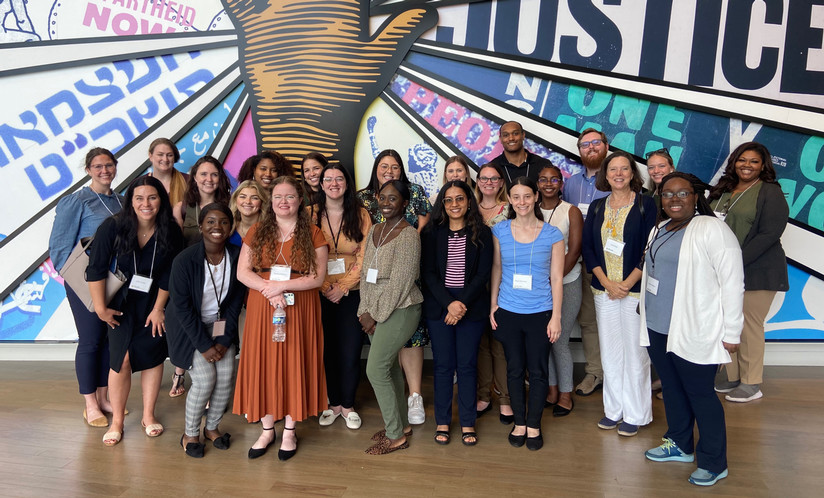Academic Partnerships Could Help Revitalize the Public Health Workforce. Here’s How.

Public health workforce shortages have been a national concern for the past two decades, with the COVID-19 pandemic further exacerbating the issue. State and local health departments have carried a substantial burden in meeting increased community needs while operating with lean teams.
A new commentary published in the June issue of Health Affairs highlights a possible solution as modeled by the Rollins Epidemiology Fellowship Program.
Creating a Pipeline for Public Health
Launched in response to the COVID-19 pandemic, the Rollins Epidemiology Fellowship Program places graduating master of public health students in one of Georgia’s 18 health districts or at the state health department in entry-level epidemiologist positions. The two-year fellowship created in partnership with the Georgia Department of Public Health helps build workforce capacity and encourages collaboration while offering recent graduates the opportunity to enhance their newly acquired skills.
“By their nature, academic institutions are well-positioned to serve as a pipeline for students to move from academia to the workforce,” says Allison Chamberlain, PhD, founding director of the program and lead author on the commentary. “MPH graduates come into these fellowships energized and eager to share new ideas, impact the local community, and further their careers. Academic institutions like Rollins can help support them as they make the transition from academia to practice.”
The commentary notes that this program’s success is one that could potentially be replicated in other states seeking ways to build capacity and revitalize the workforce.
Impact by the Numbers
As of February 2024:
- 50 fellows across four cohorts had been hired across 16 of Georgia’s health districts
- Half of fellow graduates from the first two cohorts accepted full-time employment in state and local public health positions in Georgia